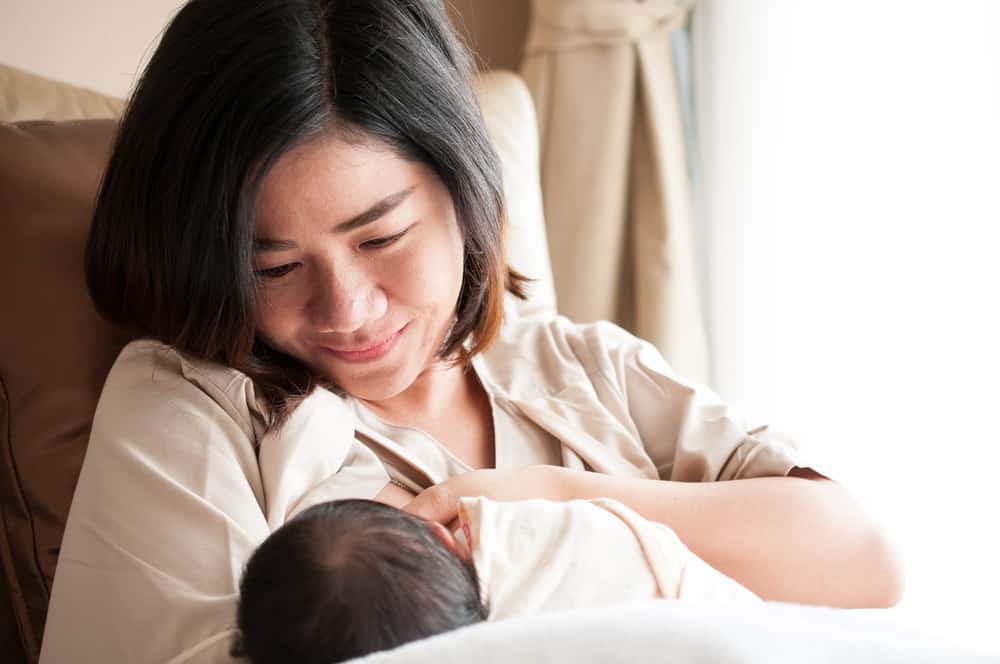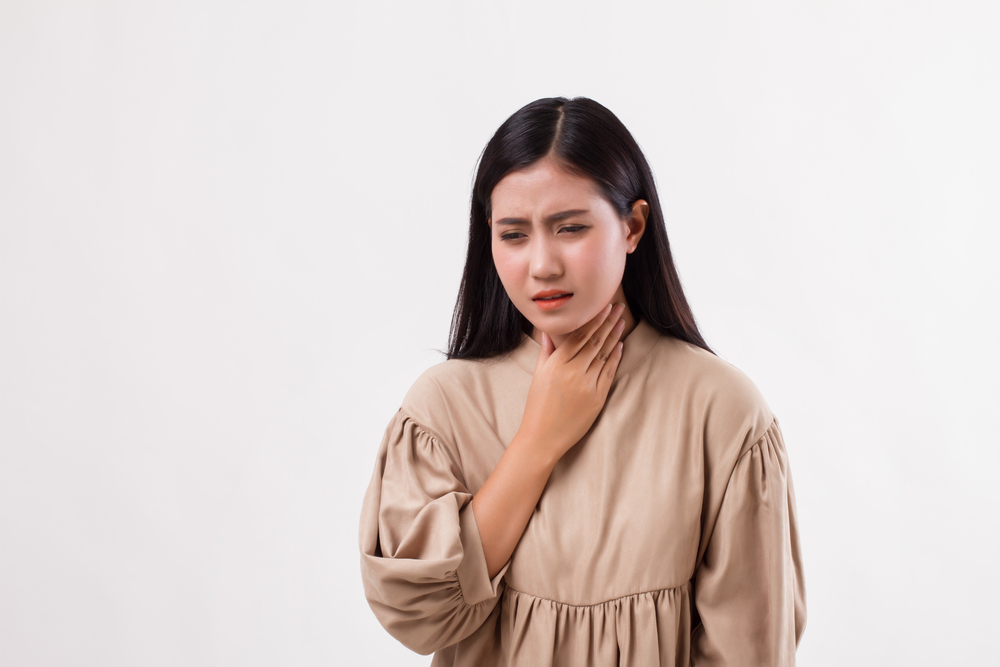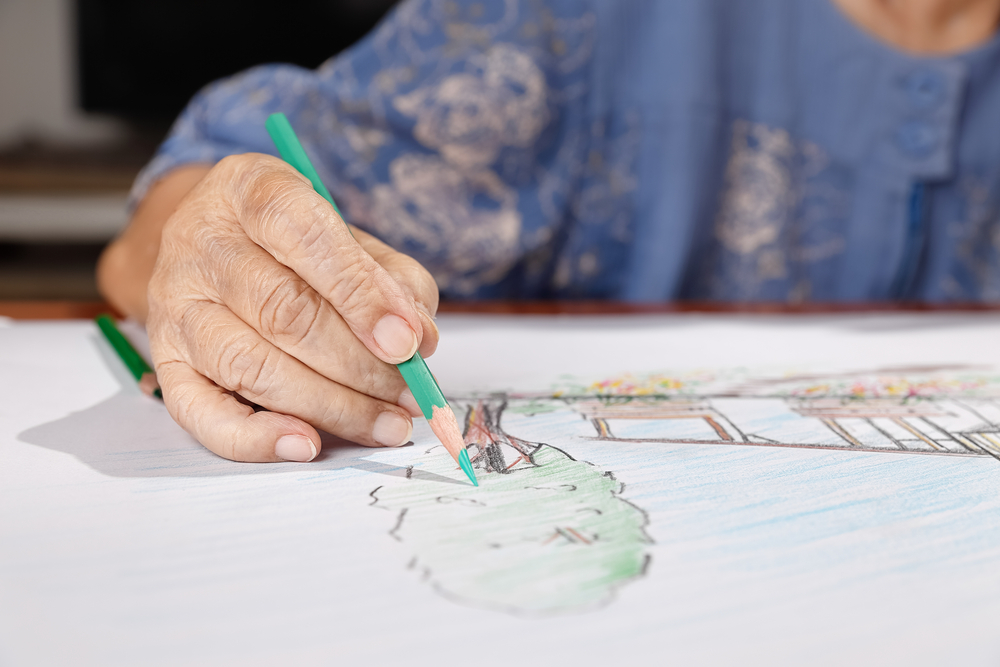Contents:
- Medical Video: 12 Things to Know If You Like Sleeping Naked
- Health benefits of being a mother
- 1. Sharpen cognitive function of the brain
- 2. Reducing the risk of breast cancer
- 3. Reducing the risk of ovarian cancer
- 4. Reducing the risk of endometrial cancer
- 5. Reducing the symptoms of endometriosis
Medical Video: 12 Things to Know If You Like Sleeping Naked
One of the happiest moments when becoming a mother is seeing her children grow up healthy. However, being a mother is not only that. Being a mother also has a positive side in terms of health. What are the health benefits of being a mother? Consider the following review.
Health benefits of being a mother
Being a mother provides many positive effects on women's health, both physically and mentally. What are the benefits?
1. Sharpen cognitive function of the brain
Various changes in hormones, emotions, and mood during pregnancy and childbirth without realizing it has helped the mother's brain develop. Hormonal changes, such as increased estrogen, oxytocin and prolactin after childbirth can help a mother reshape her brain which has decreased due to stress and possibly postpartum depression.
This increase in brain function can be affected by many things you do during pregnancy, and the effects can last for a long time. For example, from simple things such as regulating diet and nutritional intake during pregnancy, exercising during pregnancy, to learn new things to prepare yourself to become a mother later.
Happiness to be a mother and high motivation to continue to care for and keep the baby healthy is also unconsciously able to develop hypothalamic activity in the female brain. The hypothalamus itself is a part of the brain that functions to regulate various functions of the body very much, starting from blood pressure, heart rate, body temperature, hunger and satiety signals, to emotions.
Love and affection between mother and child also helps develop parts of the brain called the substantia nigra and amygdala. Increasing the function of the brain part is related to an increase in happiness and emotional well-being from being a mother.
Interaction with children also helps the mother to develop parts of the midbrain related to motivation and behavior, to protect the safety and well-being of children.
2. Reducing the risk of breast cancer
Reporting from NCBI, breastfeeding can reduce the risk of breast cancer. The benefits of being a mother are obtained through two mechanisms. The first is the process of differentiating breast tissue and menstruation which is less frequent.
Breastfeeding keeps breast cells from actively producing milk every time. This ultimately limits the ability of breast cells to grow distorted into tumors. In addition, one of the main components of breast milk, namely alpha-lactalbumin and oleic acid (HAMLET), is capable of killing tumor cells. This is one proof that the risk of breast cancer can decline lower in women who have breastfed their babies.
Moreover, women who are breastfeeding will have less menstruation. Reducing this ovulation cycle causes lower levels of the hormone estrogen in the body. The hormone estrogen is one of the things that plays a role in triggering breast cancer.
3. Reducing the risk of ovarian cancer
Dilanisr from Everyday Health, in addition to breast cancer, having children reduces the risk of a mother getting ovarian cancer. Egg cell production experiences delays during pregnancy and childbirth. Simply put, you are most likely not going to menstruate during these two periods.
Delaying the production of egg cells allows eggs to repair themselves and reduce the occurrence of genetic defects that can cause cancer. Researchers believe that the more ovulation that occurs, increases the risk of cell mutations that can trigger cancer cells to develop.
"Taking birth control pills also kills the ovaries and reduces the risk of ovarian cancer," said Audra E. Timmins, MD, an obstetric gynecologist at Texas Children's Pavilion for Women in Houston.
4. Reducing the risk of endometrial cancer
Women who have children at 30-40 years of age have a greater chance to be better protected from the risk of endometrial cancer. Women who give birth to the last child after the age of 30 years have a lower risk of cancer than those who gave birth to the last child before the age of 25 years.
However, women who give birth after 40 years of age may be at risk of developing this disease by 44 percent. Researchers are not sure what caused this to happen, but one theory argues that precancerous cells in the uterine lining are more common in older women, but will be released during childbirth.
5. Reducing the symptoms of endometriosis
Endometriosis is a health problem in which the cells lining the uterus (endometrium) grow outside the uterus, namely in the pelvic area or fallopian tubes. This causes pain, irregular bleeding, to infertility in some women.
Symptoms of endometriosis are affected by low estrogen levels in the body. Well, during pregnancy and breastfeeding, estrogen levels will increase so that it can prevent the symptoms of endometriosis getting worse.













